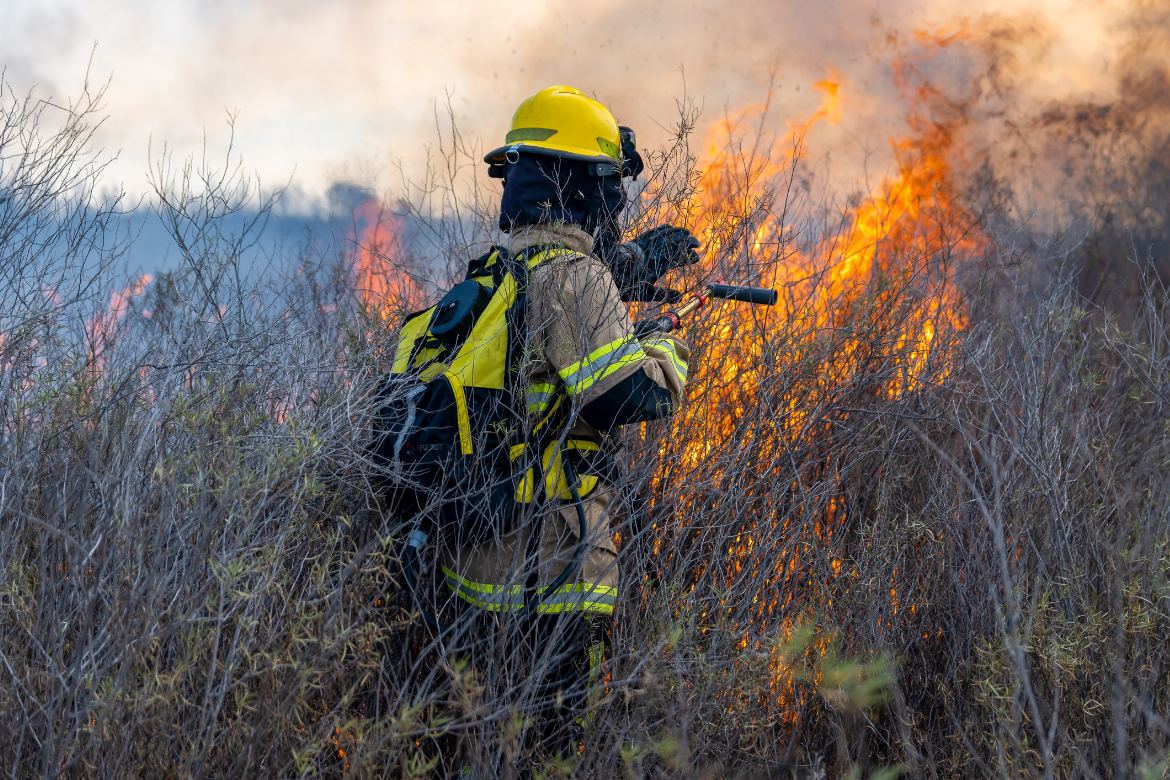By Rachel Collier | The Eastern Graphic
About 40 Island civil service workers are gearing up to take wildland firefighter training. If all are successful, this will nearly double the number of provincially paid firefighters.
The province is working with Natural Resources Canada to increase capacity of wildland firefighting.
“This is us preparing for a worst case scenario,”said Mike Montigny, manager of field services for the Department of Environment. “It’s better to be prepared and have people trained before you need them rather than have to train them if we get into a situation where we get overwhelmed.”
The risk of wildland fire in Canada continues to escalate due to climate change, community and resource expansion into wildland areas, and declining forest health, according to the Canadian Interagency Forest Fire Centre Inc’s 2024-2029 strategic plan.
In 2023, 7,511 personnel were mobilized to fight forest fires across Canada. That’s more than double the second highest number of personnel mobilized in a year since 1981.
“Year after year, the CIFFC member agencies’ response capacity is tested by intense wildland fire events that threaten communities, infrastructure, and natural habitats with increasing frequency,” the report states.
The CIFFCI’s top strategic priority is to increase people capacity and Natural Resources Canada has launched various initiatives to support the same goal.
Mr Montigny said participants from each Island county will partake in the training.
Successful participants will add to the near 50 already trained wildland firefighters working in the Department of Forests, Fish and Wildlife.
Most of these firefighters have completed level one or two training, Mr Montigny said. He added through this ranking system, level ones have the most training and experience and level threes have the least.
The new crew of civil service participants has already begun an online Incident Command System course (ICS 100). Through the level three training that will start this month, they will learn the basics of fire suppression, fire behaviour, fire operations, and safety. They’ll also try their hand at a fitness test they are required to pass.
Once successful participants gain experience in the field, those showing promise will be able to work toward level two, then level one qualifications, Mr Montigny said.
Level three firefighters generally aren’t called to support firefighting across the country but level two and one personnel are, he said.
Civil service workers who respond to fires during working hours will receive their regular salary or rate of pay and a rate will be set to compensate those who respond after hours.
“That’s an internal conversation,” Mr Montigny said about the after hours rate.



